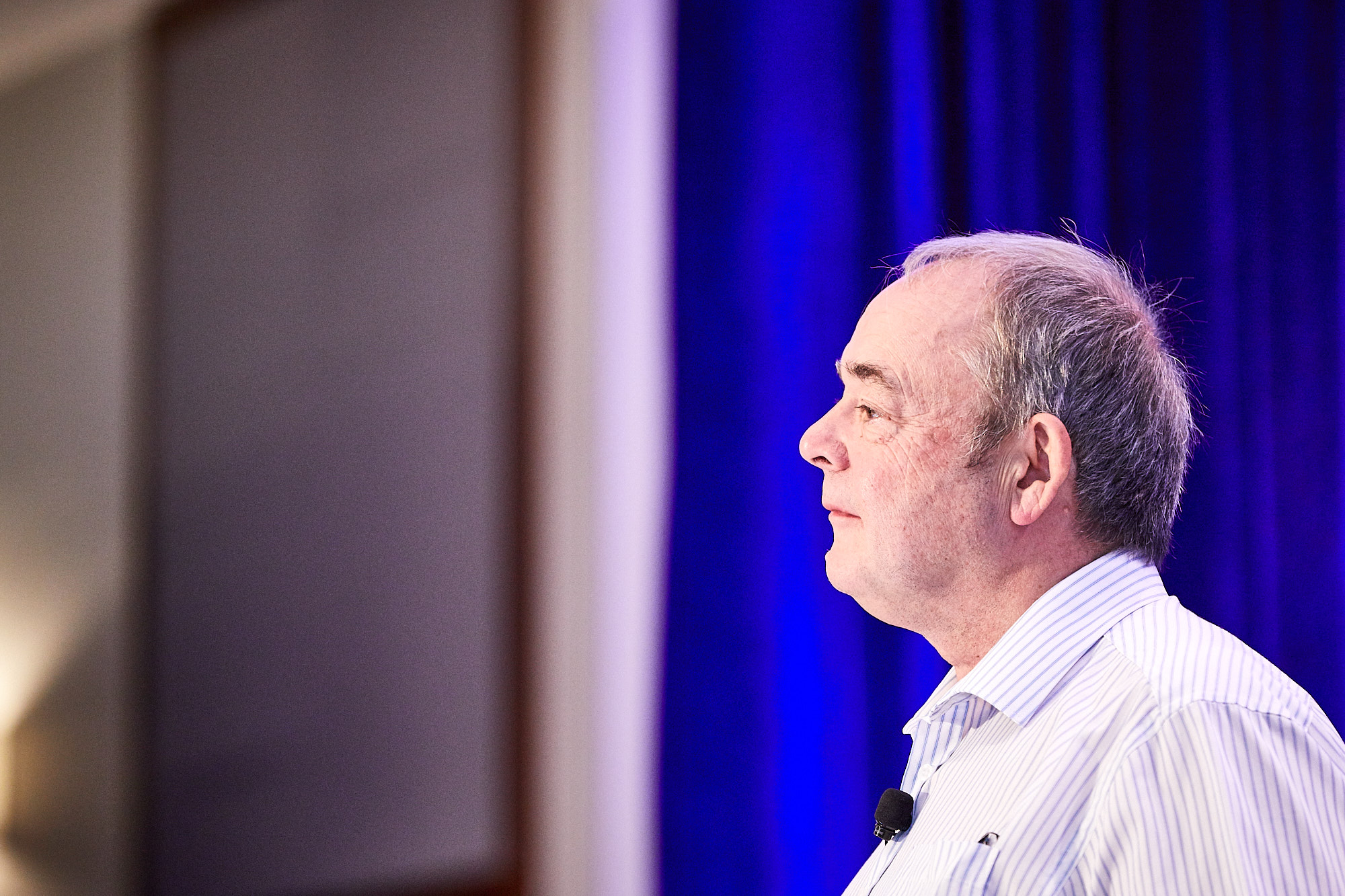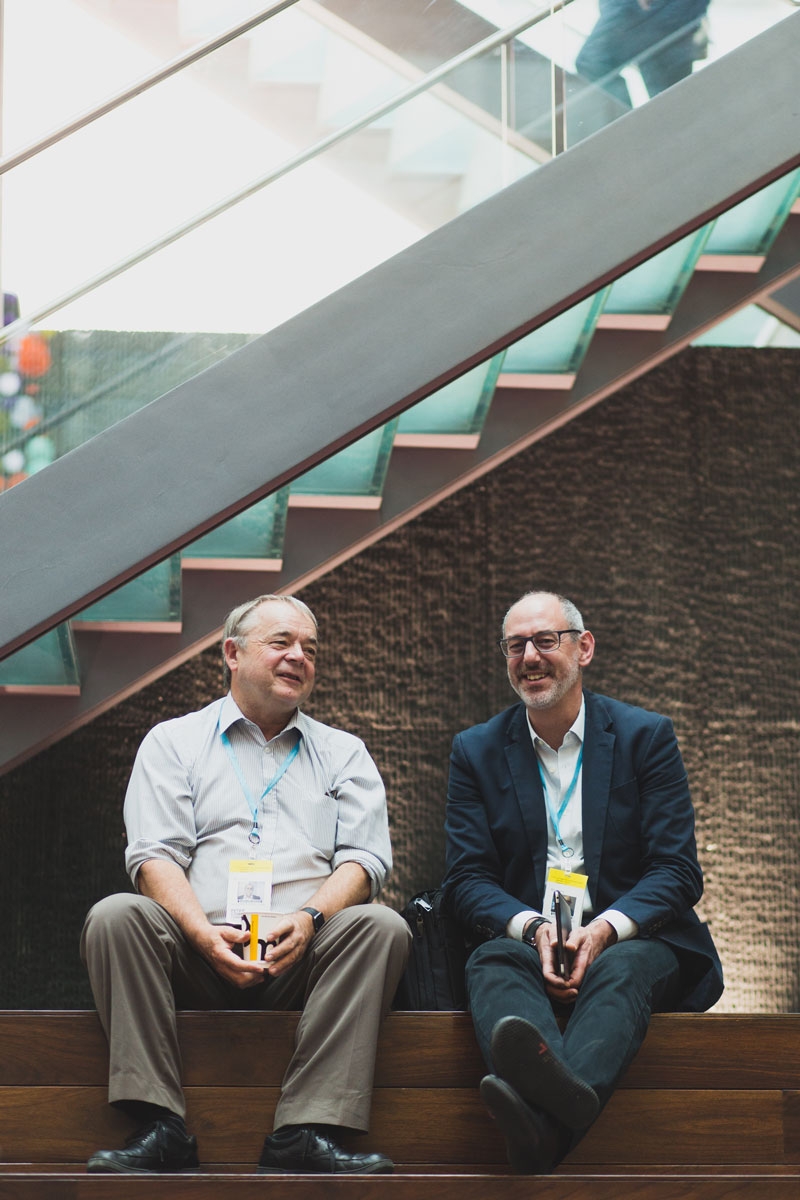The team and The CAC CLV ratio
High growth ambitions. This is essential and not necessarily a given.
You have an outstanding founding team of at least two people (3 also works for me, but not 4). Sole founders find it difficult to get investment from Business Angels (if you're a sole founder, try the FFF and/or crowd routes).
UK legal structure, with founders based in the UK, and with a very strong preference for Cambridge and the South East. This is primarily as I like to meet the founders face to face, during due diligence and post-investment at least once or twice per year, and that is much easier for me, if the rail/tube/cycle journey time is under 90 minutes from my home in Cambridge.
I will not invest, unless I already know or get to know and trust the Investor NED who will be representing my and other investors' money. It is important that person is experienced at being an Investor Director.
I need to know that you understand, and can justify the ratio: "Customer Lifetime Value" over "Cost of Customer Acquisition". See this article for an explanation. A few entrepreneurs misunderstand gross margin/contribution and revenue when calculating CLV (aka LTV). Revenue is of no interest to me. The old adage: "Profit is sanity, revenue is vanity" applies.
The Product
Evidence of a large market. Globally at least £/$/€100m, although not all businesses need to have global ambitions. Note that I don't need to see a billion+ market - angels can get an excellent return, even if the investee's revenues are less than £5M on exit.
A level of defensibility, whether it is a patent application, know-how or speed to market (in that order).
I have limited life science technology knowledge, but strong experience in software, electronics, RF comms, sensing and related areas. Please look through my portfolio to get a feeling for my comfort zone
Business model: B2B (very rarely B2B2C). For clarification, I will invest in the first B (which resells through a second B to a C) but almost never in the second B (which is then a marketplace). B2C is not for me, unless I already know the entrepreneurial team/board.
Deep product technology. I do not invest in web or mobile apps, nor service businesses. I may invest in a platform, provided there is a clear understanding of the costs of sourcing/supporting and monetisation of both sides of the platform - the CLV/CAC (see above)
Crypto and NFTs are of no interest. I will look at Blockchain applications which have a clear position in both their tech (ie are much better than an existing tamper-evident database) AND their position in a value chain.
The finances
Early stage income, probably pre-revenue and pre-grant income, although evidence of valid (even if a one off trial) customer sales traction will help
Pre-money valuation, mostly under £1m and with an upper limit of £2m (unless exceptional). Valuations have been moving upwards, due to the over-supply of early stage money (particularly in London) and NOT (yet?) because exits are at a larger multiple nor more frequent. I will almost always follow-on but not above a pre- of £8M - my investment ticket size is too small a proportion of say a £2M raise and I invest early where I can help more (and there is greater risk!). In late 2020, I stopped first round investing, unless I have already worked with the entrepreneurs. With some startup journeys taking 15 years to a good exit, I am hoping that all my investments will have exited or failed by the time I am 80 (if I get there). I am starting to run my asset allocation algorithm to include some later stage illiquid investments.
Like most Angels, I look for a minimum 10X valuation increase within 5 to 10 years, so if you are asking for, say, a £1m post-investment valuation, what does your company look like? and who will buy it for £10+m in a few years' time? Remember that, in the UK, around half of all exits can be classed as "acquihires" at a valuation of £5-25M.
I will not invest through a platform that charges a fee (I want to be on the cap table with direct contact to the founders). Also, although I understand that everyone has to pay the rent/mortgage, I will not invest with early stage syndicates/funds (nor via brokers) that take a fee from the entrepreneurs, whether that fee is for pitching and/or successful finance and/or exit
Syndicated. I never invest alone. Although I can connect and/or build a syndicate, if I like your proposition. Angels want and expect to add value with connections, advice, governance and future funding. I do not invest in deals that either have been, or are, on any equity crowd-funding sites.
The only time that I will sign an Non Disclosure Agreement is when you want to show me, during technical due diligence, an un-filed patent. I have seen over 12,000 business plans in the last decade+, some of which, of course, are similar. Invested Angels work on the basis of trust, and if that doesn't work for you, try the FFF or crowd-funding route.






